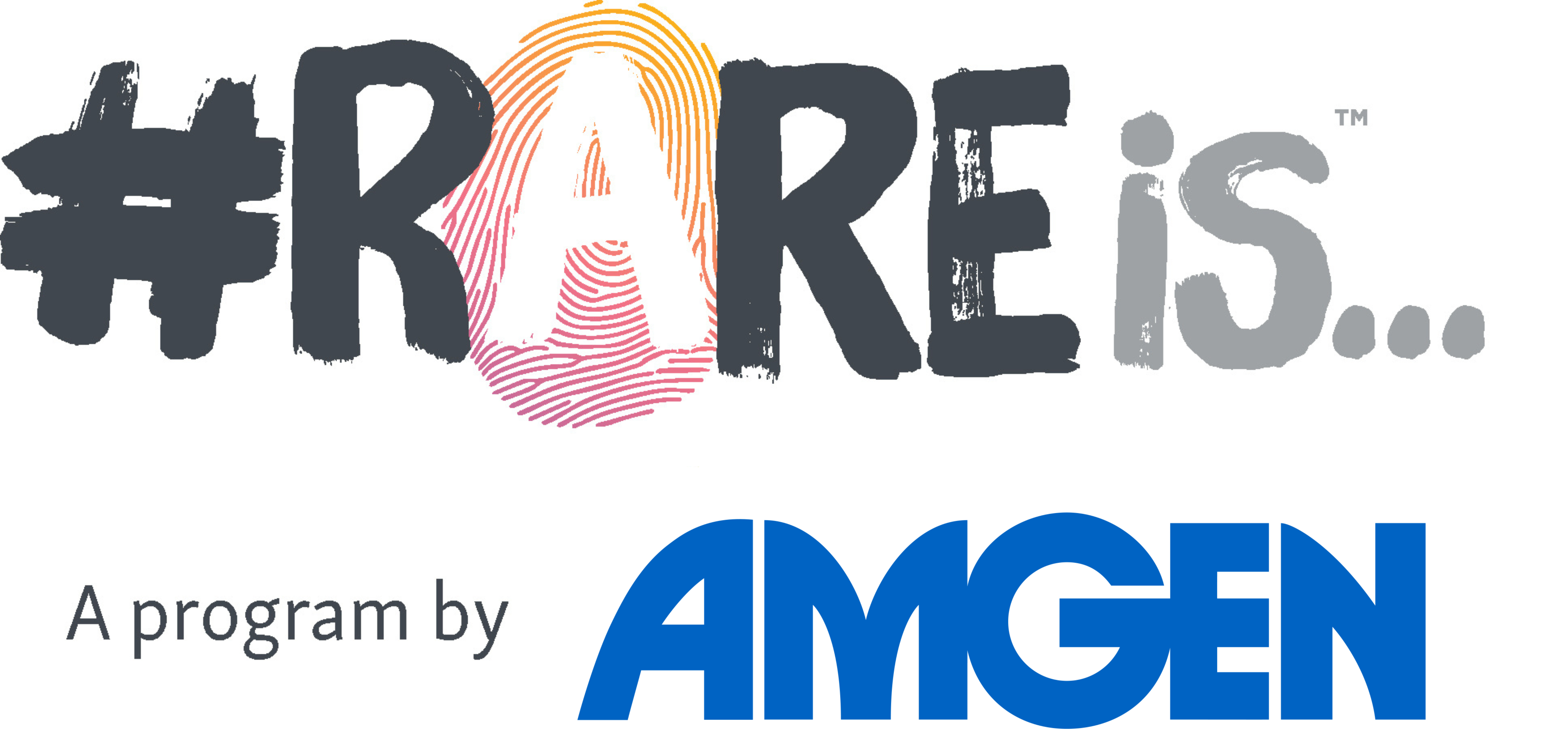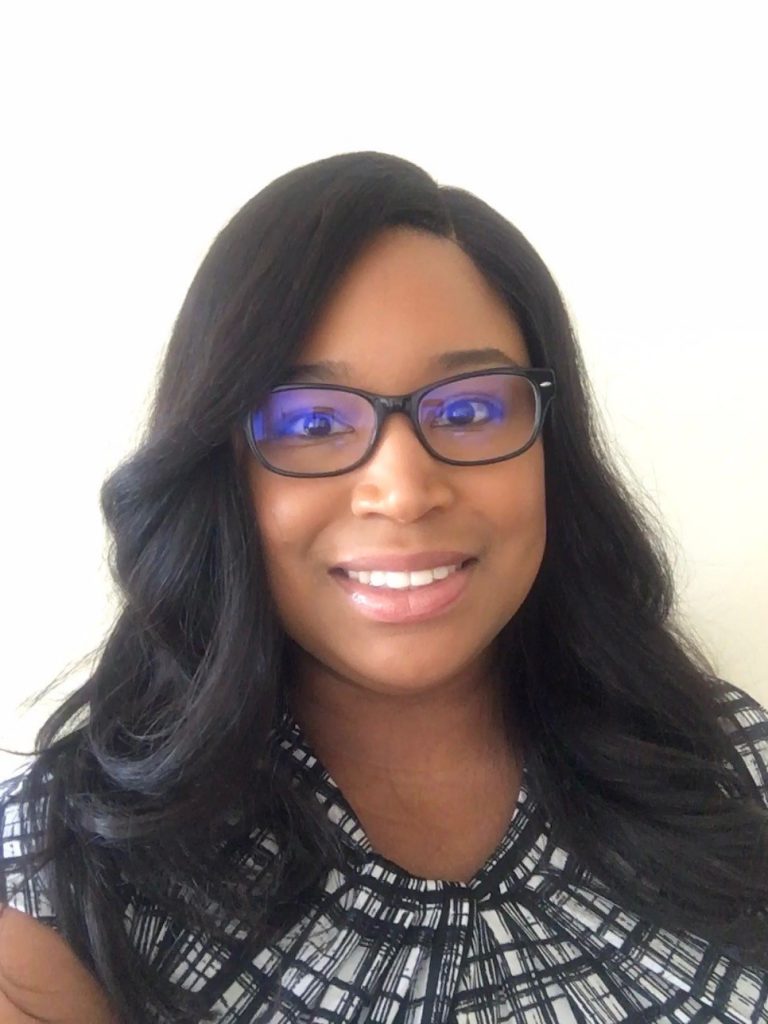My personal mission to advocate
The work I do in the rare disease community is very special to me because it connects me to my mom. When I was eleven years old, I lost my mom to Glioblastoma, which is a rare cancer that can occur in the brain or spinal cord. There were very few resources available for rare disease families like mine at the time, resulting in an isolating experience. Managing a rare disease and coping with the loss of a loved one is not a journey that anyone should experience alone; this realization motivated me to study public health with a focus on community health and advocacy with the hope that one day I’d make a difference for this under-recognized community.
Today, my mission is to let people living with rare disease and their caregivers know that their voices matter. My memories of my mom’s incredible resiliency and strength to care for me through her painful battle with cancer inspire me each day. Her ability to face her rare disease journey with courage fuels my passion to help those facing rare disease feel heard, supported and connected to others.
The need for connection
A sense of community has a significant impact on someone’s quality of life. Personal connection is a core human psychological need that’s essential to our overall health and satisfaction. Being among the one in 10 people in the United States impacted by rare disease can hinder one’s ability to connect with others who are not familiar with the unique challenges of living with a rare disease. This unawareness and often misunderstanding can sever personal connections, resulting in a rare journey that’s very lonely.
Establishing a supportive community to amplify the voices of those impacted by rare disease and connect them to one another is critical. I dedicate my personal and professional life to advocating for this cause. As a manager of patient advocacy in ophthalmology at Horizon Therapeutics, I work together with a team at Horizon to help provide support to families and communities who are impacted by Thyroid Eye Disease (TED), a serious, progressive and vision-threatening rare autoimmune disease. We engage with advocacy organizations and people living with TED to understand the unmet needs of the community, and ultimately create or support programs with actionable measures. Our goal is to aid the entire journey by connecting people living with TED to educational resources and supportive communities. I work to ensure the voices of the TED community are heard.
Planning TED Awareness Week
My most recent advocacy initiative was planning an awareness week. My colleagues and I launched the first-ever TED Awareness Week in partnership with the TED community and patient advocacy organizations. The goal was to raise awareness and educate people about the risks and symptoms associated with TED, along with actionable steps for disease management. We created an educational campaign, driving individuals to partner resources and ThyroidEyes.com, a website featuring information about TED symptoms, treatment options and support resources. Through social media and storytelling, our goal was to encourage connection among the TED community, helping people understand they are not alone.
Launching a rare disease awareness week is a collective effort that requires tedious planning and collaboration. We focused on partnering with advocacy organizations, stakeholders and community members to launch a research-based campaign that reflected individuals’ unique needs. The most critical component of planning an awareness week is involving patient advocacy organizations, individuals and caregivers impacted by the disease from day one. This ensures that the initiatives developed are meaningful to the people they’re meant to serve.
My commitment to the rare disease community
Launching the first-ever TED Awareness Week was a challenging yet rewarding process. My hope is that the heartfelt stories of individuals, caregivers and healthcare providers impacted by TED create a stronger sense of community and empower those impacted by TED to advocate for themselves. Establishing a supportive community allows individuals to connect through shared experiences of living with TED.
My rare disease experience with my mom fuels my passion to make a difference for the rare disease community each day. To those impacted by rare disease, I hear you, I see you and I will continue to advocate for you every step of the way. Know that you are not alone and that your stories impact me personally and professionally; they inspire me to make informed patient-centric decisions that positively impact the rare disease community.
About Veronica Moore
As a patient advocacy manager at Horizon Therapeutics, Veronica is both diligent and committed to the profession. Her role at Horizon allows her to engage with patients, caregivers, and to develop and maintain mutually beneficial relationships with advocacy organizations to support the patient journey as it relates to Thyroid Eye Disease (TED). Veronica has over 12 years of experience working with patients, caregivers and advocates in the non-profit, healthcare and research settings.
She holds a Bachelor of Science in public health studies from East Carolina University and a Master of Arts in sociology with a concentration in medical sociology from North Carolina Central University. Veronica Moore was born and currently resides in North Carolina. Veronica strives to continue to be a significant contributor to the rare disease community to and committed to address health inequities in rare and underserved patient communities.
About Thyroid Eye Disease
Thyroid Eye Disease (TED) is serious, progressive and vision-threatening rare autoimmune disease. TED often occurs in people living with Graves’ disease, a separate disorder that requires different treatment. TED causes the connective tissue, muscle and fat cells found behind the eye to become inflamed and swollen, which can permanently change the eye over time, causing painful and debilitating symptoms, such as light sensitivity, eye grittiness, eye bulging and double vision. For more information, visit ThyroidEyes.com.
Tell us how you are working in rare. Email connect@horizontherapeutics.com to share your story.

